Background
Mr. Tsepkalo was born on February 22, 1965, in Grodno, Belarus, at that time a part of the Soviet Union, to a family of chemical engineers.

1997
1600 Pennsylvania Ave NW, Washington, DC, United States
Valery Tsepkalo with Bill Clinton in Oval Office.
2010
Ulitsa Akademika Kuprevicha 1/1, Minsk
With the Speaker of the Riksdag (parlament) of Sweden Urban Ahlin.
2011
Petronas Twin Towers
Valery Tsepkalo with Tun Dr. Mahathir bin Mohamad
2014
Ulitsa Akademika Kuprevicha 1/1, Minsk
Valery Tsepkalo with Hiroshi Mikitani, founder and CEO of Rakuten.
2015
Ulitsa Akademika Kuprevicha 1/1, Minsk
Valery Tsepkalo meets His Excellency Sultan Bin Saeed Al Mansoori, Minister of Economy of the UAE.
2016
Ulitsa Akademika Kuprevicha 1/1, Minsk
Valery Tsepkalo meets with Minister of State of the Ministry of Trade and Industry of Singapore Koh Poh Koon in April 2016.
2016
Ulitsa Akademika Kuprevicha 1/1, Minsk
Valery Tsepkalo meets with Minister of State of the Ministry of Trade and Industry of Singapore Koh Poh Koon in April 2016.
Ulitsa Akademika Kuprevicha 1/1, Minsk
Valery Tsepkalo with Alexander Lukashenko, President of Belarus.
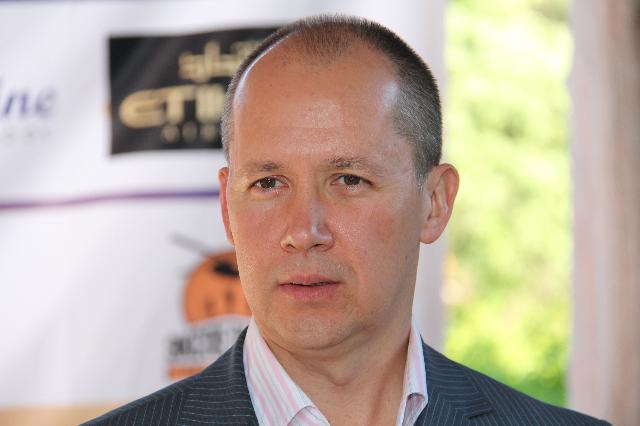
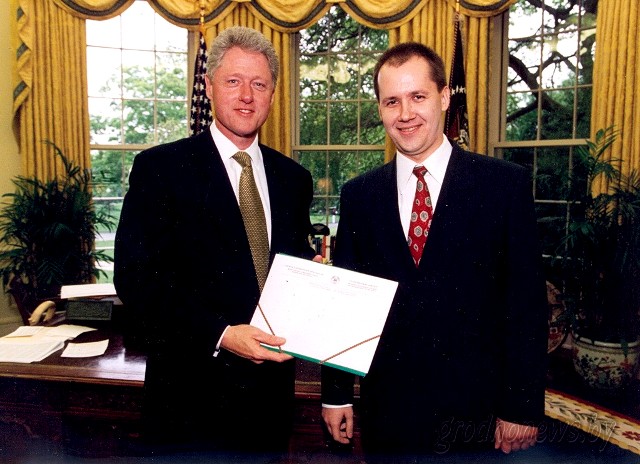
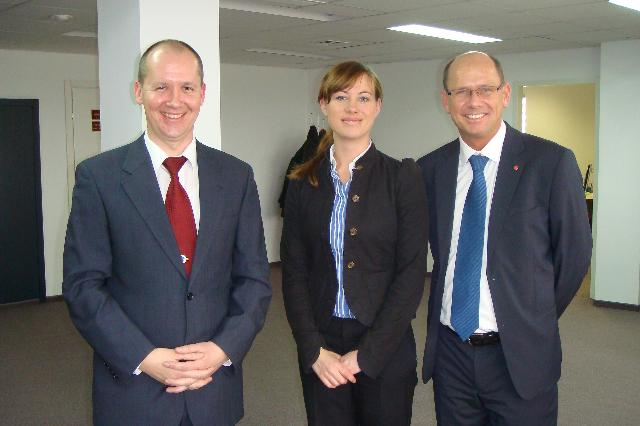
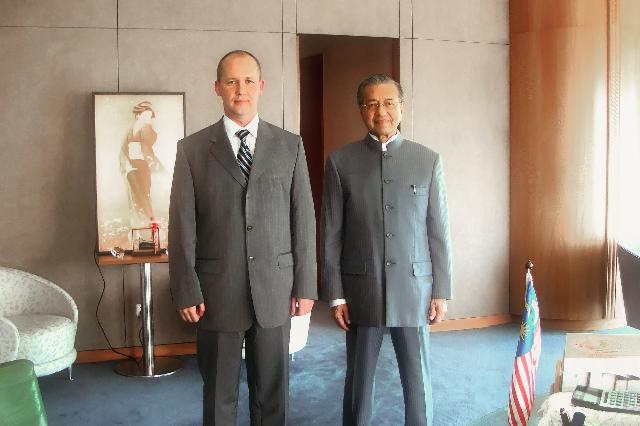
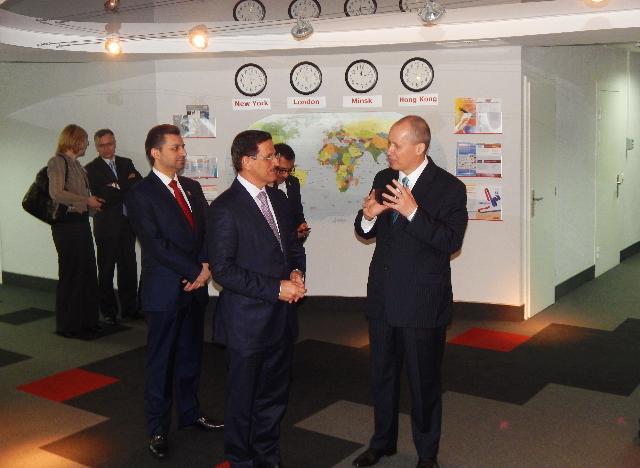



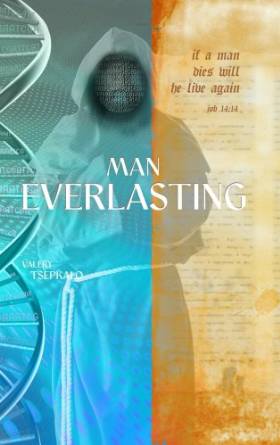
(According to National Geographic experts’ research, the p...)
According to National Geographic experts’ research, the possibility of our appearance in this world as we are today is 1 to 60 billion. Since the time of Jesus Christ, about 100 billion people have been born and died on planet Earth. That means each of us has already come into this world at least once before during these past 2,000 years. And taking into account the current population of the planet, this also means that everyone will be born again in 500-600 years. According to the laws of nature, this regeneration process will continue again and again until mankind ceases to exist. The book narrates how to find immortality in this eternal return. It examines the questions: How can we ensure the preservation of our soul? And what will the way of coming back into a new body be like? How does the universal religious tradition give us the clue to find immortality? And how can science and modern technologies help this recurrent dream of man come true?
http://www.amazon.com/gp/product/B001RTS5X2/?tag=2022091-20
2008
Mr. Tsepkalo was born on February 22, 1965, in Grodno, Belarus, at that time a part of the Soviet Union, to a family of chemical engineers.
Valery Tsepkalo started his education at the Belarusian Technological Institute (currently the Belarusian National Technical University) in 1982. However, his education was soon interrupted, as he was conscripted into the Soviet Army service in 1984. After two years in the Army, he entered the Moscow State Institute of International Relations (MGIMO), from which he was graduated in 1991. He pursued a postgraduate program there, graduated with honors, and received his PhD degree in International Law.
Valery Tsepkalo started his carrier as a diplomat in 1991 at the Soviet Embassy in Helsinki, Finland. When the Soviet Union broke up he decided to return to Belarus to participate in designing the new independent state's foreign policy. In 1992 Mr. Tsepkalo took a position in the Ministry of Foreign Affairs of the Republic of Belarus. From 1993 to 1994 he served as foreign policy adviser to the Chairman of the Parliament of Belarus. A little bit later, Valery Tsepkalo was appointed adviser to the Executive Secretary of the Commonwealth of Independent States.
Mr. Tsepkalo advanced to the level of the First Deputy Foreign Minister of Belarus in 1994 and between 1997 and 2002 he served as Ambassador Extraordinary and Plenipotentiary of the Republic of Belarus to the United States of America as well as the United Mexican States.
After returning from his diplomatic service, he quit his diplomatic career and was appointed Assistant to the President of Belarus (on science and technologies). In 2004 he initiated the creation of Belarus High Technology Park (HTP), intended as a local version of American Silicon Valley.
Starting in 2005 he was the head of Belarus Hi-Tech Park, which grew in 10 years from a start-up project to one of the largest IT clusters in Europe with more than 150 companies (e.g., EPAM, IBA, Exadel, Itransition, etc.) and about 25 thousand software engineers.
In 2018 Mr. Tsepkalo took part in the development of the Mirzo Ulugbek Innovation Center (ICSU) in Uzbekistan.
Valery Tsepkalo is widely known as a high-ranked Belarusian diplomat and one of the initiators and lead creator of Belarus Hi-Tech Park.
Over the 10-year history of the Belarus Hi-Tech Park, the number of its residents has increased 59 times (from 4 companies in 2006 to 237 companies in 2017), computer software and services exports have evolved 49 times (from $21 million in 2006 to $1025.0 million in 2017), the number of HTP employees has raised 13 times (from 2,506 in 2006 to 32,598 in 2017), and Belarus has improved its ICT Development ranking by 41 positions, according to the International Telecommunication Union.
Thanks to Valery Tsepkalo's work, Gartner (a global research and advisory firm providing information, advice, and tools for businesses in IT, finance, HR, customer service and support) named Belarus among the top-10 most attractive locations for captive or outsourced IT and business process services in the EMEA (Europe, Middle East, Africa) region.
(Foreign Affairs)
1998(According to National Geographic experts’ research, the p...)
2008Valery Tsepkalo thinks that God cannot have divided humanity into those more and less worthy of His attention and grace. Every nation has followed its own path, making mistakes and discoveries, trying to express the universal truth in its own language, using the means it has at its disposal. Every nation, every religious and ethnic group has contributed to the search for the ultimate answer to the mystery of life.
As for Mr. Tsepkalo's political views, he believes that private property is the basis not only for successful economic and social development, but also serves as a foundation for individuals' personal freedom, dignity and self-esteem. Speaking about the question of real freedom, he states that it depends upon individuals' economic sovereignty. To his mind, the aspiration of individuals towards economic freedom and individual independence from a state, lord, baas, or sahib is the main source of human civilization's evolution.
Valery Tsepkalo thinks that property is the embodiment of personality and the main dimension of human existence. It is the condition for the realization of human essence. Therefore, governments should be assessed based on their actions to help their citizens achieve economic freedom as a condition for respect and individual dignity.
In addition, he claims that if possessions simply aim at satisfying human needs such as food, clothing, and shelter, they are essential only for the reproduction of life, i.e. it is the means of satisfying the physical needs of the individual. The possession of the property, such as land ownership, shares, stocks, as well as knowledge and skills signifies not the biological nature of people, but people as social beings. In Mr. Tsepkalo's opinion, the possession of property provides for the ability to reflect on oneself and on social life, and the ability to create new environments. These social needs are related to the acknowledgement of the values one possesses and which are worthy of other people’s esteem.
Quotations: "Hegel: Only in his property a person exists for the first time as reason."
